
By Kingsley Webora TANKEH
President John Dramani Mahama has officially launched the National Development Planning Commission’s (NDPC) Ghana Infrastructure Plan , vowing to fund his government’s flagship ‘Big Push’ initiative without borrowing from the international capital markets.
Speaking at the launch in Accra, the president said: “We have inherited Nkrumah’s dream but we are yet to fulfil it. Dr. Nkrumah gave us a blueprint and the Ghana Infrastructure Plan provides us with the tools while the ‘Big Push’ will deliver the results”.
The Ghana Infrastructure Plan (GIP) – second since Ghana gained independence in 1957 – will be the foundation of Ghana’s long-term national development. It aims to improve Ghana’s energy infrastructure, transport infrastructure, water infrastructure, housing infrastructure and ICT infrastructure among others by 2055.
The launch marked a revival of the long-term infrastructure strategy initially developed in 2016 and revised in 2019 but shelved for years. President Mahama said the plan provides a “strategic reset” and “renewed commitment” to building a resilient and inclusive Ghana.
He touted his government’s ‘Big Push’ initiative as the country’s surest path to infrastructural transformation – confirming that US$13.9billion has been allocated to the initiative this year, with a promise from the finance minister to allocate US$30billion next year.
This, according to him, has been done through a reallocation of resources into priority areas.
Infrastructure development is key to economic growth, but the issue of vital projects only lasting one electoral cycle – and if they are not completed within that time line get abandoned by the next government – is a cause for concern.
This usually result in cost overruns that burden the state’s coffers. The National Development Planning Commission’s (NDPC) 2024 National Annual Progress Report revealed over 70 billion cost overruns across 18,000 capital projects, with many delayed or abandoned.
President Mahama therefore noted that it is now time to move from scattered, politically motivated projects to unified, long-term investments that generate jobs, unlock value and foster prosperity.
“We’re going to continue and finish these projects so that we can properly utilise taxpayers’ money,” he said, promising to invoke Article 35(7) of the 1992 constitution which mandates governments to continue projects started by their predecessors.
He also promised to revitalise the Ghana Infrastructure Investment Fund (GIIF) to finance projects that are self-sustaining and commercially viable to create thousands of jobs for young people through public works and local contracting. According to him, this will also strengthen institutional capacity for project preparation, monitoring and evaluation.
He announced a collaboration with the judiciary to combat perennial leakages from the public purse. President Mahama revealed that the Acting Chief Justice has agreed to set up a specialised court to fast-track cases against those who misappropriate government resources.
The Deputy Minister for Finance, Thomas Nyarko Ampem, provided concrete figures to back what he termed “infrastructure investment dividend”, stating that research shows every cedi invested in infrastructure yields GH¢0.8 in a year and GH¢1.5 in two years.
“From the Ministry of Finance perspective, the link between quality infrastructure and national prosperity seems clear,” Ampem said, emphasising that the plan is critical to achieving this.
President Mahama called for equitable distribution of national infrastructure projects across the country. “Every industry is in Accra. All foreign direct investment is coming into Accra,” he noted.
He therefore proposed the establishment of an agro-industrial park in northern parts of the country to create jobs and prevent the southward drift of young people looking for greener pastures.
President Mahama called for non-partisan commitment to the vision. “The Ghana Infrastructure Plan is more than a policy document. It is a national covenant,” he said, urging parliament to enact enabling laws and the private sector to invest boldly in it.
The National Development Planning Commission (NDPC) Acting Director-General, Dr. Audrey Smoak-Hammond, echoed this sentiment, saying: “No government, however committed, can build a nation alone. It is through such unity of effort that infrastructure ceases to be projects on paper and become the daily framework of national transformation”.
President Mahama concluded by announcing a national competition for youth to design the cover of ‘Ghana Vision 2057’ – with a top prize of GH¢100,000.
The post Mahama launches NDPC’s 30-year infrastructure plan appeared first on The Business & Financial Times.
Read Full Story
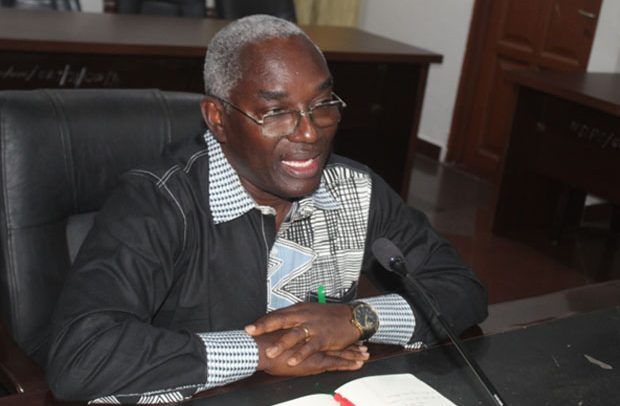
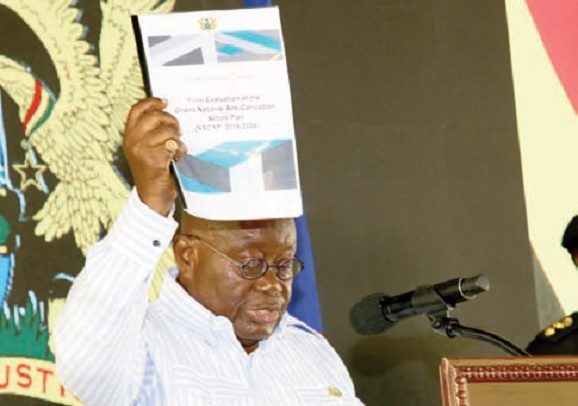


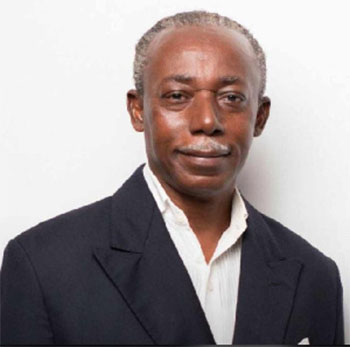

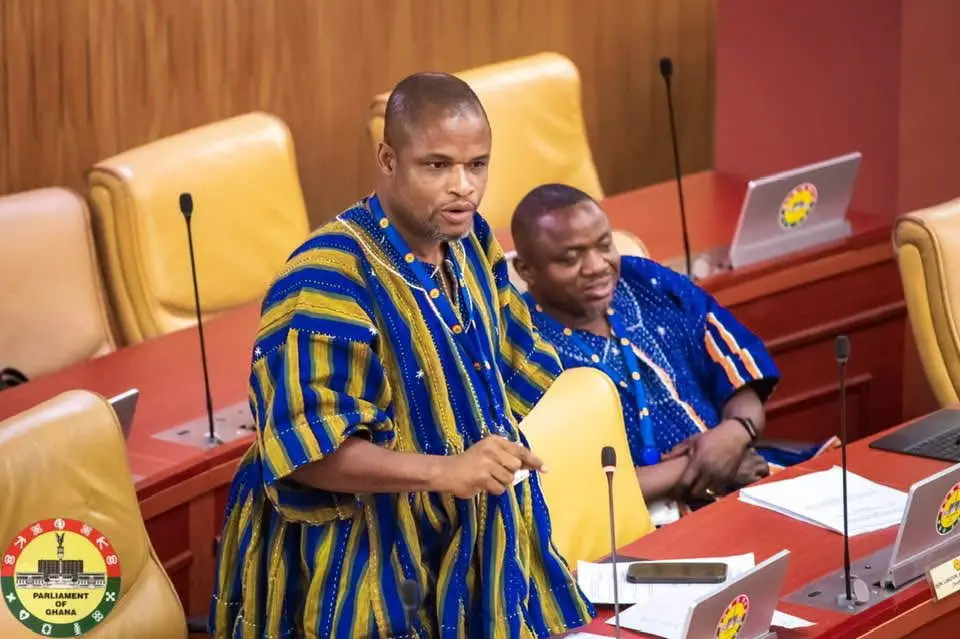
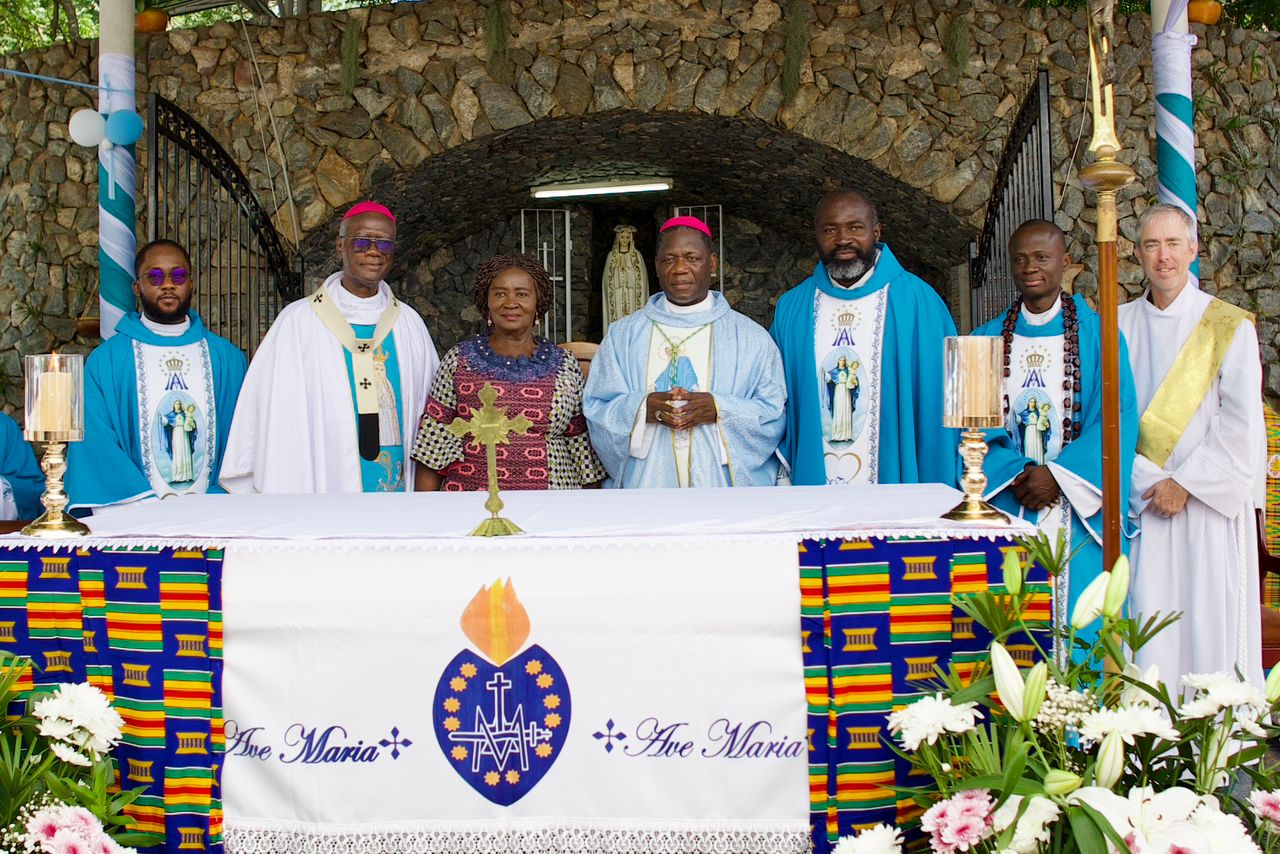
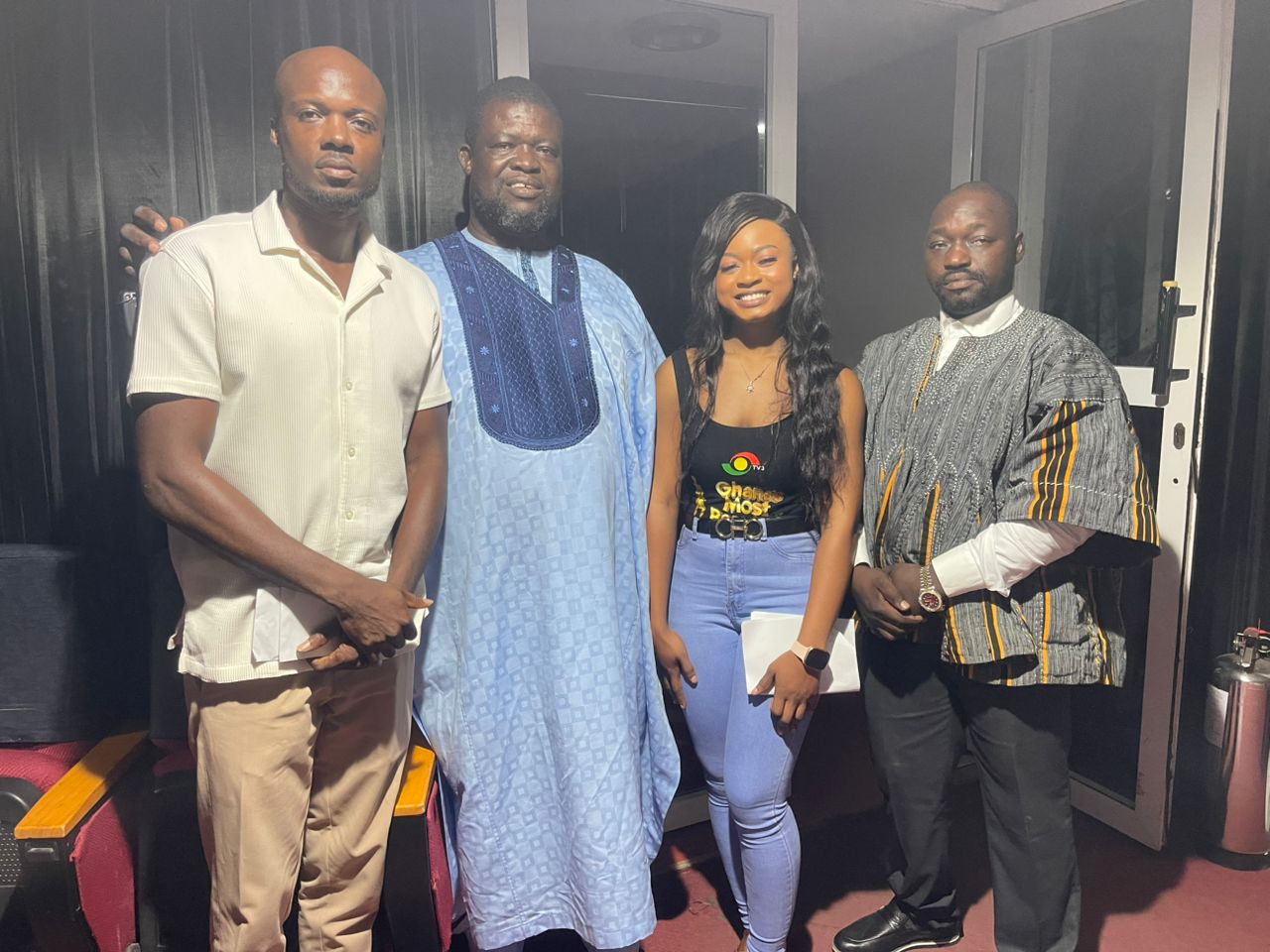

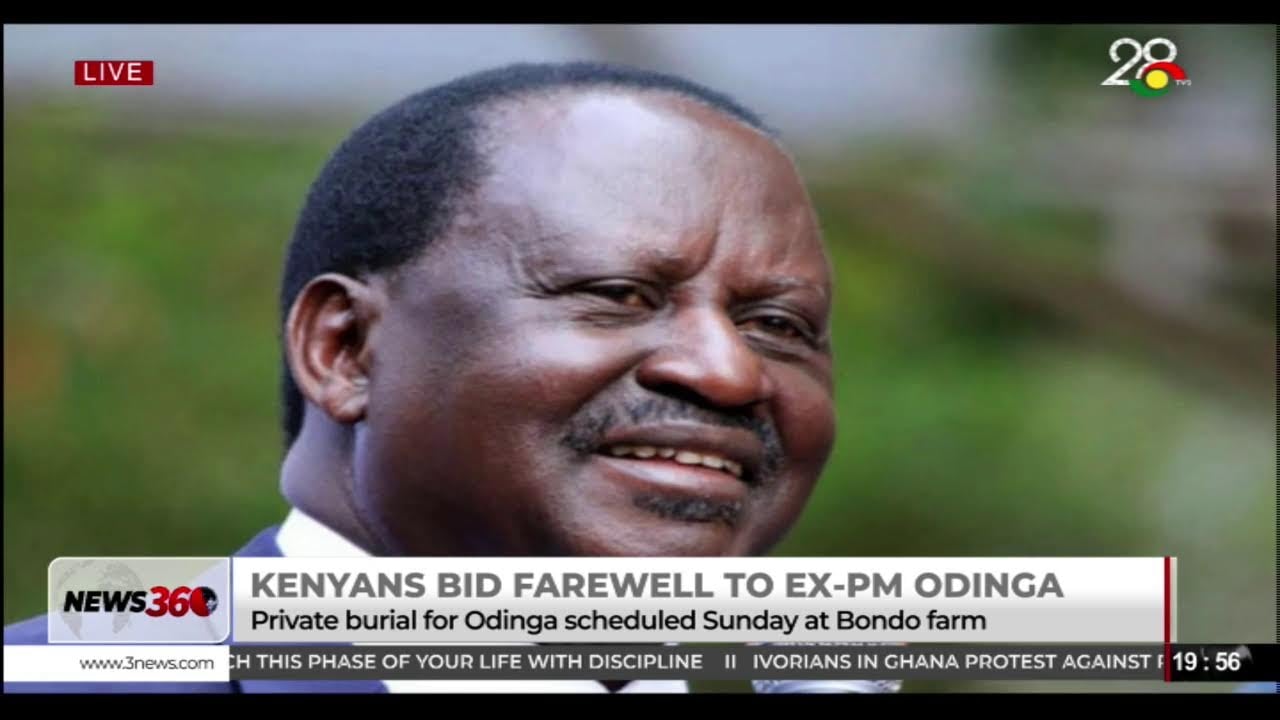
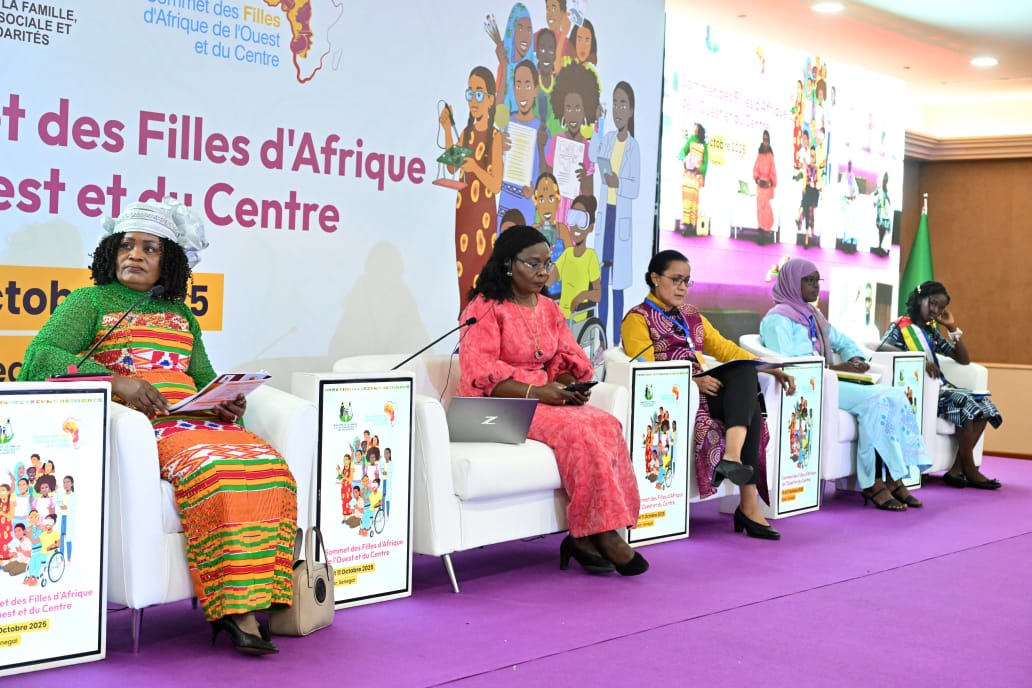

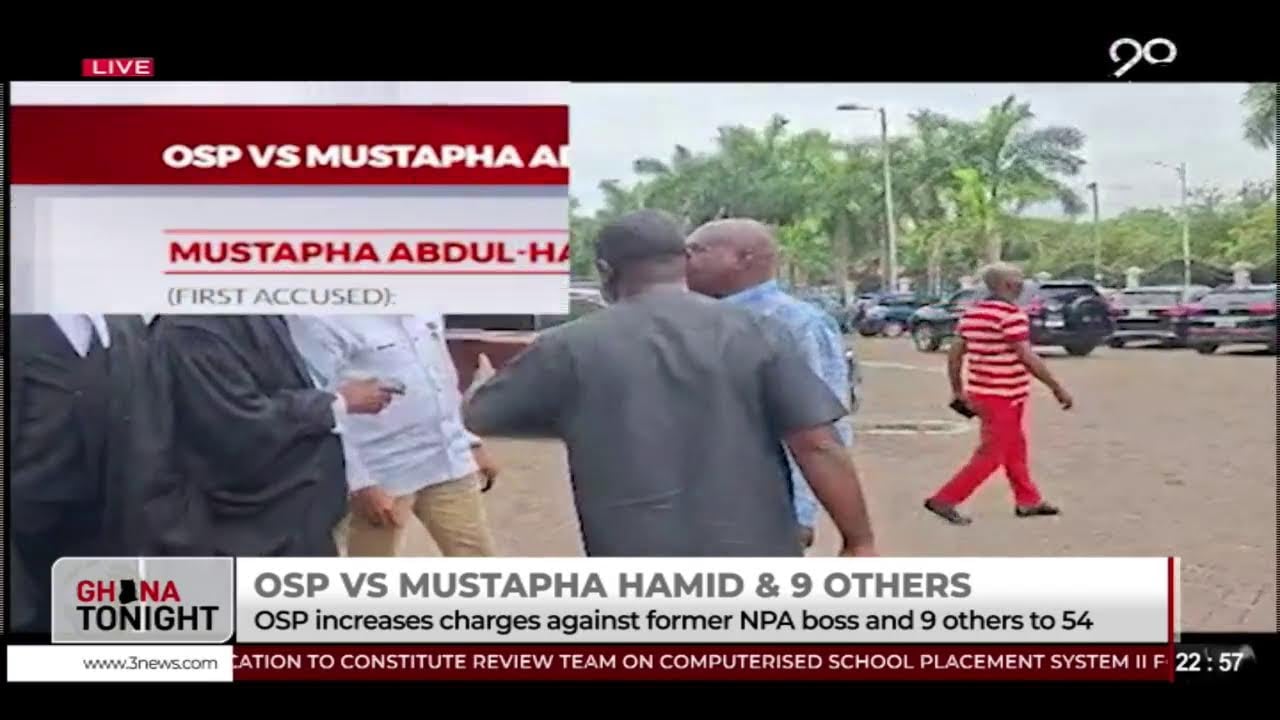


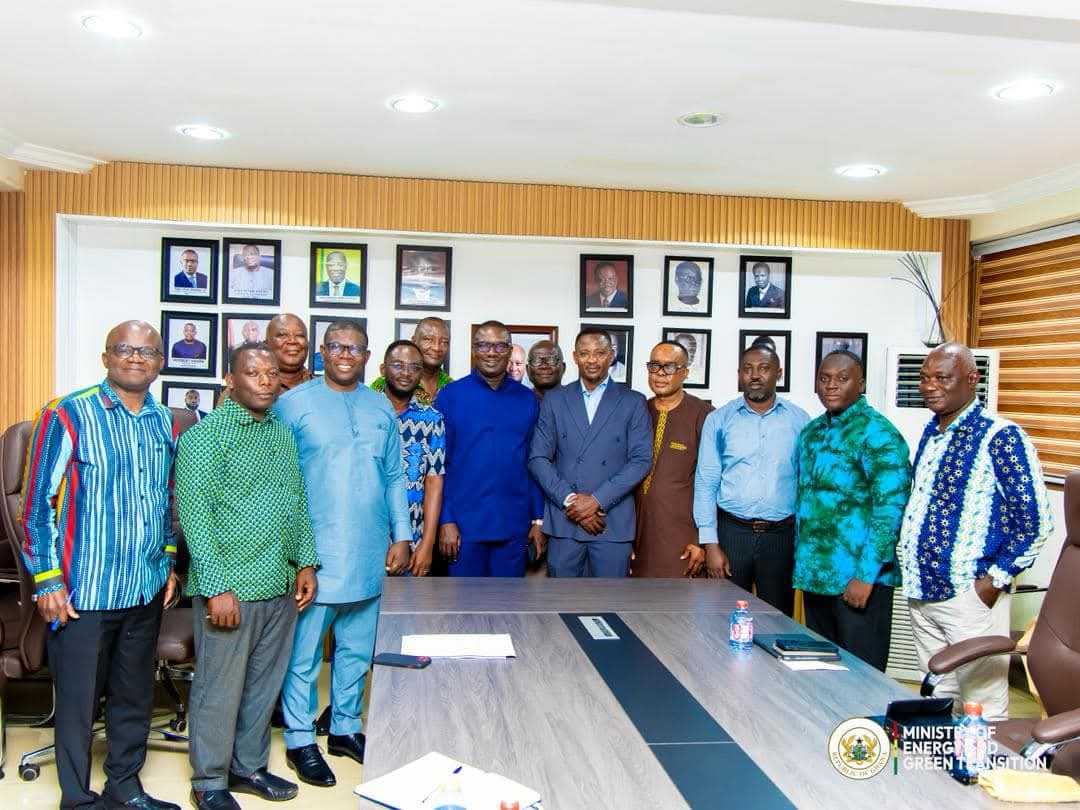


Facebook
Twitter
Pinterest
Instagram
Google+
YouTube
LinkedIn
RSS